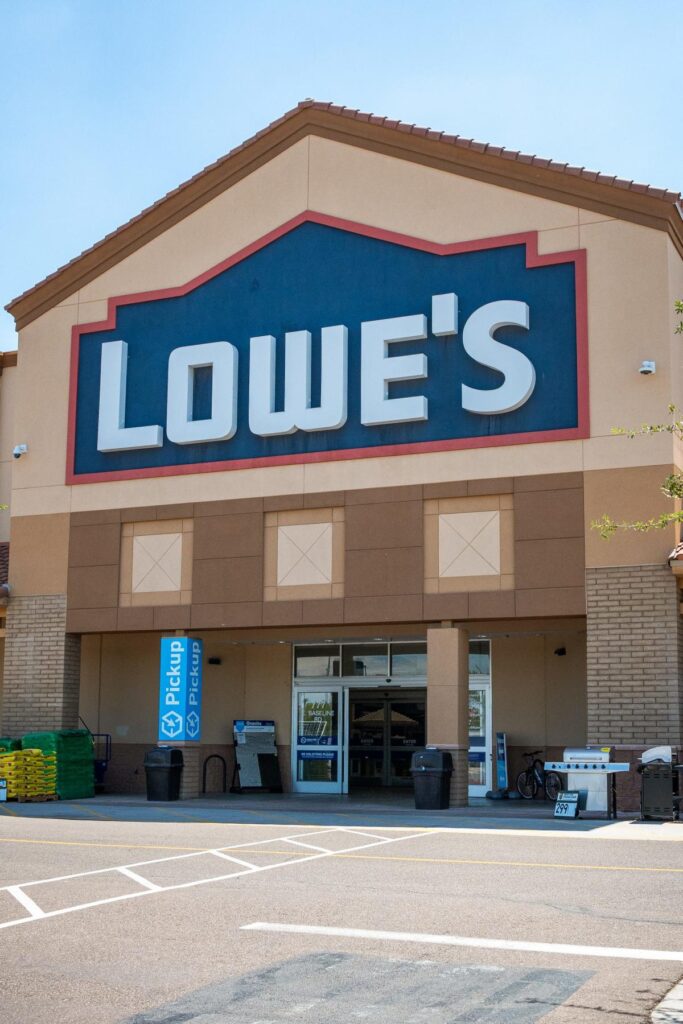United States consumers are being encouraged to show support for diversity, equity and inclusion initiatives with a one-day spending blackout.
Numerous social media accounts are sharing the message of a 24-hour consumer spending blackout planned for Feb. 28. The activists are encouraging consumers not to spend money in stores or online for the day in response to the rollback of these policies and initiatives by the Trump administration and major retailers, like Target and Amazon.
Here’s what Arizona residents should know about the Feb. 28 consumer economic blackout, including what DEI is, companies that have rolled back policies and why the spending blackout is happening.
What is the Feb. 28 consumer economic blackout?
The economic consumer blackout is a call to not spend money in-store or online for a single day. If an emergency happens, the groups advocating for the blackout encourage people to support local businesses.
In one of several videos about the Feb. 28 blackout, the Instagram handle “TheOneCalledJai” said the day of economic resistance is to show that “we the people are the system.”
“We are going to remind them who has the power. For one day, we turn it off for one day. We shut it down for one day. We remind them that this country does not belong to the elite, it belongs to the people and this will work,” the Instagram video said.
A second economic blackout aimed at blocking purchases from Amazon from March 7 through March 14 has also been announced by the same group.
What is DEI?
DEI policies are organizational frameworks that seek to promote fair treatment of all people, particularly groups that have historically been underrepresented or subject to discrimination because of their identity or disability. They typically include a mix of training programs, resource networks and recruiting practices.
DEI policies have been around since the Civil Rights Act of 1964, which outlawed employment discrimination based on race, religion, sex, color or national origin. It also banned segregation in public places, such as schools and libraries.
DEI initiatives aim to create an environment where individuals, regardless of their background, feel valued, respected and have equal access to opportunities, while affirmative action also focuses on remedying historical injustices through preferential treatment mandated by law.
DEI program supporters say they help correct past injustices, while opponents argue that hiring should be based entirely on merit.
DEI faced significant pushback when affirmative action was banned at America’s higher education institutions by a 2023 Supreme Court decision.
Scottsdale scraps DEI programs: Some residents oppose. Here’s what to know
What companies got rid of DEI?
Companies’ rollback of DEI policies and initiatives comes among a wave or boycotts from conservative activists. Robby Starbuck and his followers have pressured companies like Walmart, Ford and Tractor Supply to change their policies.
President Donald Trump’s administration also moved to end diversity, equity, inclusion and accessibility mandates throughout the federal government.
These companies have rolled back DEI in the past year:
-
Brown-Forman, the parent company of Jack Daniels
Locally, Scottsdale eliminated its Office of Diversity and Inclusion this week, scrapping the city agency that investigates complaints related to discrimination and disability compliance.
This article originally appeared on Arizona Republic: Feb. 28 economic blackout: What to know about boycott in Arizona
Read the full article here
